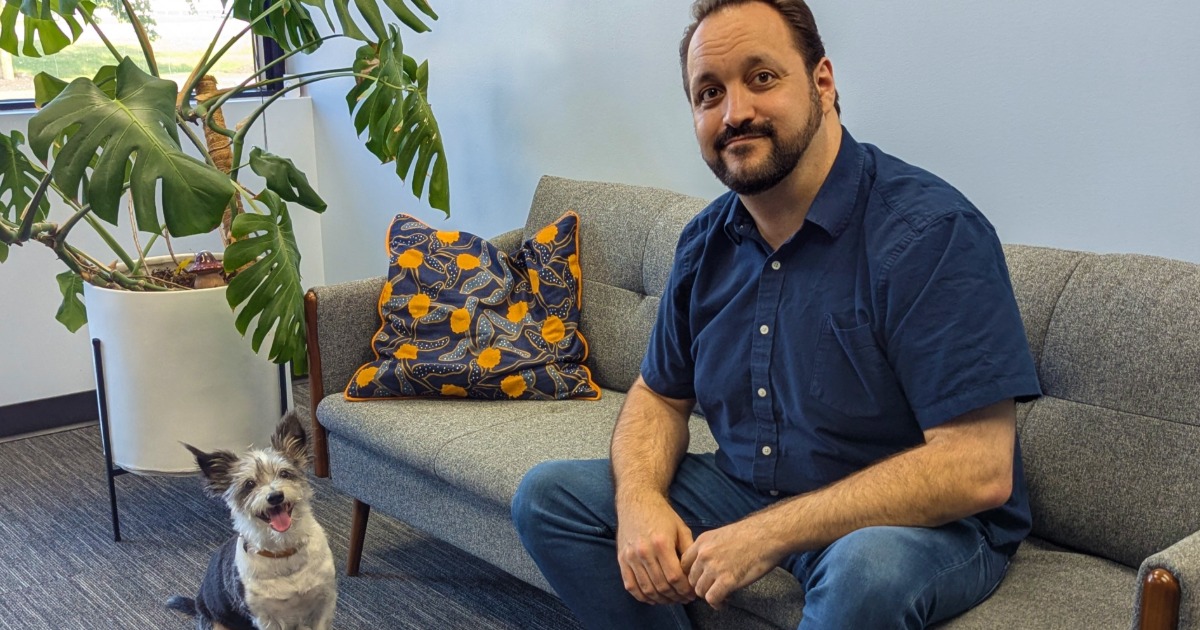"Empowering the next generation of healthcare entrepreneurs" at MIT
For a healthcare industry living in mortal fear of data breaches and HIPAA violations, the word “hacker” would seem to be an anathema.
But the term means something different – and much more benign – at MIT, a campus whose renowned "hacker culture" has been fueled for decades by a spirit of creative cleverness and inquisitive adventure on the part of its tech-savvy students.
"Playfully doing something difficult, whether useful or not, that is hacking," is how computer programmer and free software guru (and MIT alum) Richard Stallman has defined it.
When it comes to improving healthcare, hacking could prove very useful indeed.
"To me, what hacking is all about is looking at a system, and looking at the rules by which that system is supposed to be governed, and then thinking creatively about how to make that system function differently, without necessarily changing the rules," says Eliott Cohen, an MBA candidate at MIT's Sloan School of Management and co-leader of the MIT "Hacking Medicine" initiative.
“Medicine is an industry known for its glacial pace of change and heavy bureaucracy,” says Hacking Medicine member Allen Cheng, who touts the group’s ability to develop “solutions to medical problems using newly available tools and following the rapid pace of innovation central to tech. We're not interested in squeezing an extra 1 percent out of the status quo. We want to change healthcare by leaps and bounds, with clever engineering and new solutions.”
The aim of the Hacking Medicine program, its leaders write, is to "create an ecosystem at MIT, hosting the Boston medical community and beyond to teach entrepreneurs and clinicians the skills necessary to launch disruptive healthcare businesses."
That might be a bit like the mantra of the Health Data Initiative, spearheaded by the Institute of Medicine and Department of Health and Human Services, under the urging of HHS' erstwhile CTO Todd Park, who's described it as unlocking health data to feed a "self-propelled, open ecosystem of innovation," catalyzing entrepreneurship by enabling "everyone who cares about healthcare able to scrub in" and try their hands at developing new solutions.
It's no accident. "I'm a massive Todd Park fan," says Cohen.
At any rate, it's hard to deny the effort's logic. By widening the playing field, and bringing in thinkers and engineers from outside medicine's traditional areas of expertise, innovation can be brought about more readily, the thinking goes – at a speed and scale at which it wouldn't otherwise.
For an industry that's often rightly chastised for being bogged down in old ways of thinking, plagued by inefficient structure and perverse incentives, fresh ways of thinking and new models of care are essential.
The problem is that, even with the post-HITECH changes sweeping healthcare, change is still not coming fast enough and is still not as widespread as it should be.
As it works to "re-architect" healthcare systems and spur innovations to lower costs and improve quality, the Hacking Medicine project channels "philosophies from Silicon Valley and MIT for rapid product design, lean startup methodologies, workflow re-engineering, novel data collection, big data analysis" and more, according to its website.
It does this, in part, by sponsoring 36-hour hackathons – two of them so far – to which engineers, scientists, physicians, and entrepreneurs all contribute.
When seeking to remake a system that's "so incredibly inefficient" one has to "tear it apart before you can put it back together again," said Hacking Medicine founder Zen Chu, an MIT entrepreneur-in-residence and cofounder of three medical companies so far, speaking at an event in Boston in March. These hackathons, with a "diverse team around the table," are an "ideal place for engineers and designers to think about solutions."
There's no shortage of innovation at MIT, obviously. But Cohen says more of it could be directed at healthcare. For instance, "we have this amazing clean energy community on campus, and we've been spinning out companies around that like crazy for the last four to six years," he says. But he and his fellow Hacking Medicine members agree, "MIT wasn't doing as much as it should be doing in healthcare."
Sure, there's plenty of "research and innovation at the foundational level," he says. But "what was missing was a layer of effectively student-driven activities that would both inspire more students to become healthcare entrepreneurs and then empower them with the necessary expertise and skills to do something about that."
So far, "we've greatly exceeded all of our goals for the first year, both in terms of energy and excitement and in measurable ways." For instance two teams inspired by Hacking Medicine were recently finalists in the MIT $100K Entrepreneurship Competition.
“Our central mission is to create more and better healthcare entrepreneurs,” says Cheng.
Even if their projects don't end up panning out, that's OK, says Cohen. That's less important than "making sure a specific student has gotten engaged and fired up" to make a difference in healthcare. And, ideally, that one student inspires all his friends. "You need a bunch of people, lay people, diving in" to make a big impact.
"I do think there's something really powerful when a person who doesn't understand a system starts asking questions about it," he adds. "They're just going to inherently ask questions about it that no one else is asking, because they don't get it, and they're trying to understand it."
That sort of outside approach is just what Hacking Medicine is trying to foment. "Engineers are great at this hacking mentality: looking at a system and thinking about how to reorganize it," says Cohen. "Rules are quite difficult to change. But sometimes you can make them work in unexpected ways – and get significantly different and beneficial outcomes."
Learn more at hackingmedicine.mit.edu.


